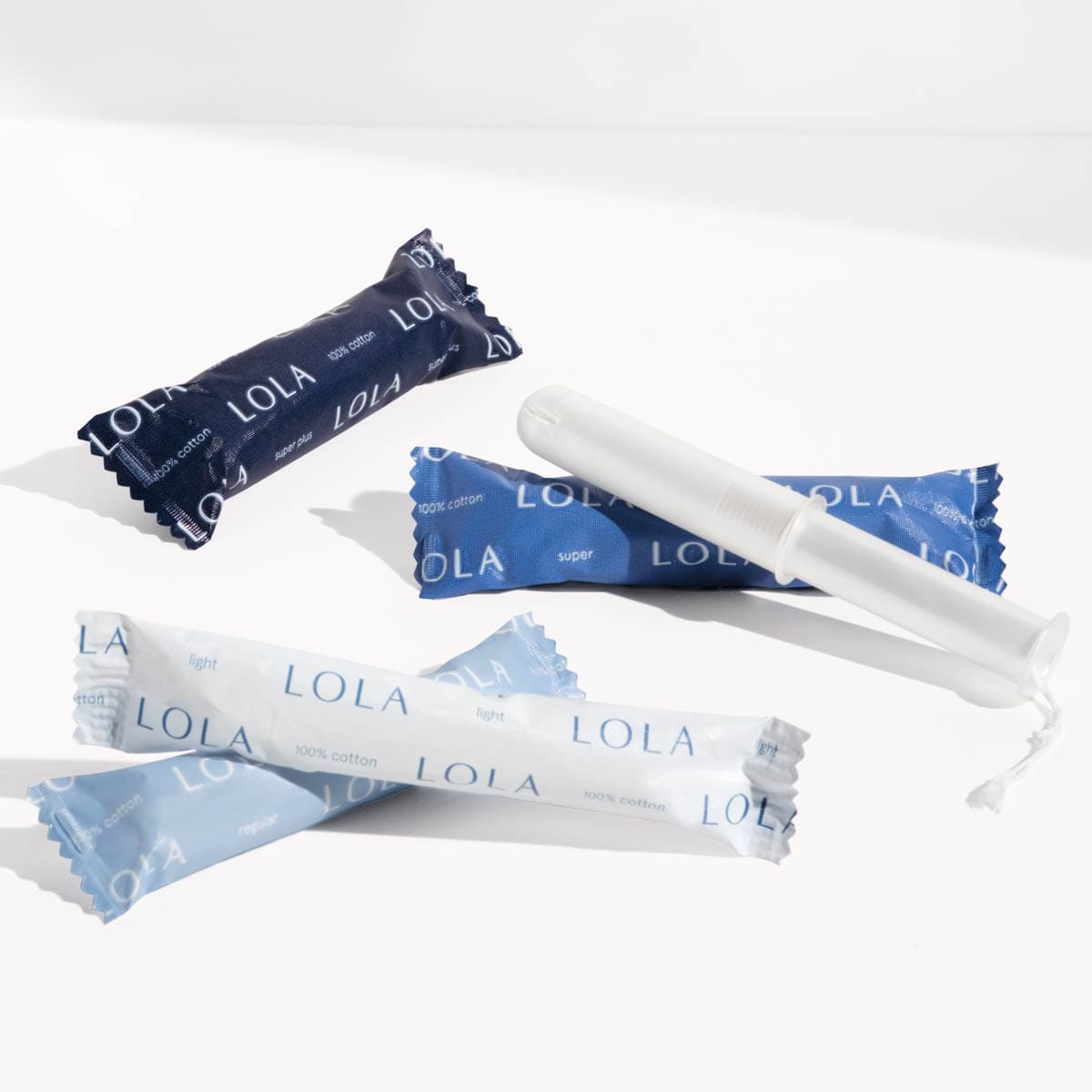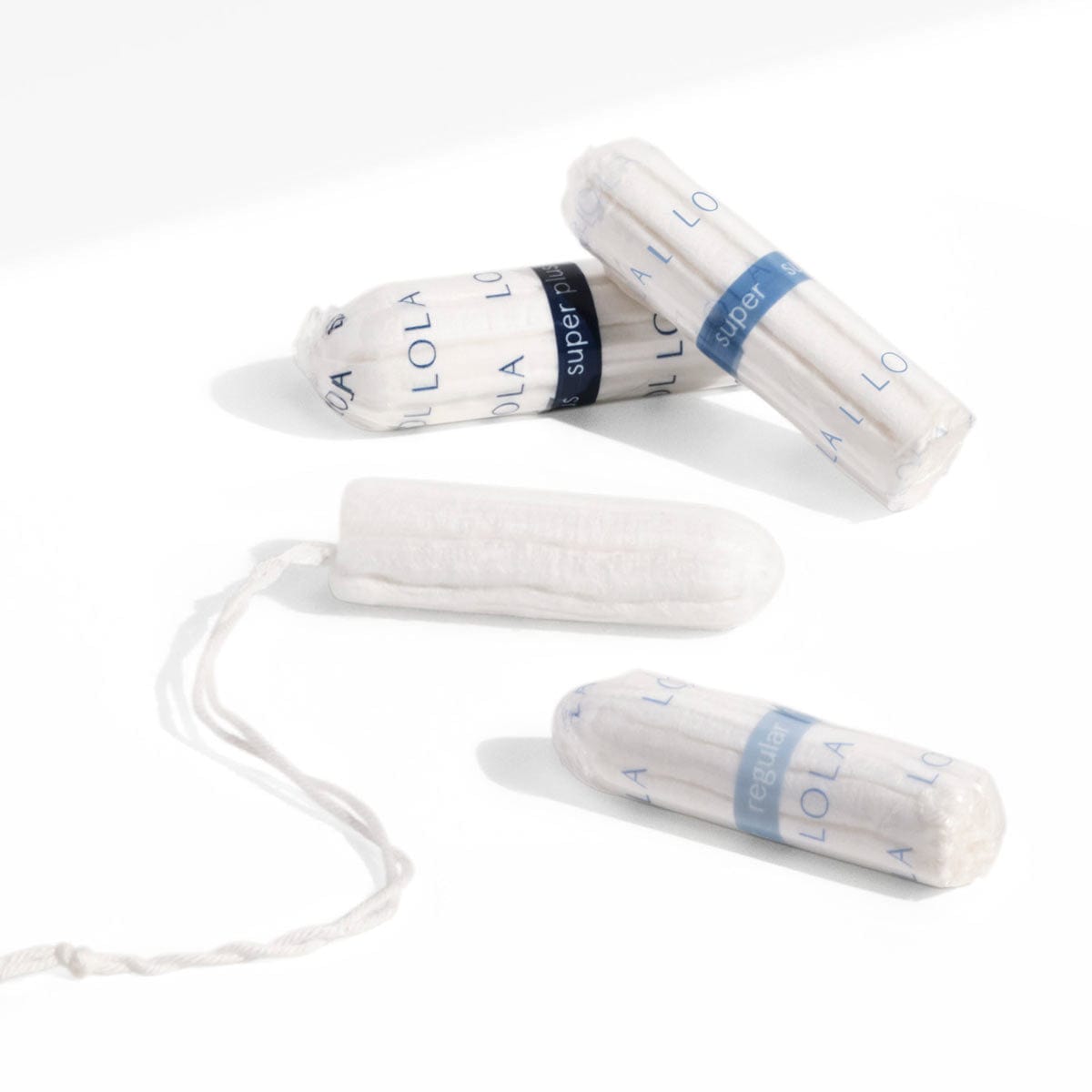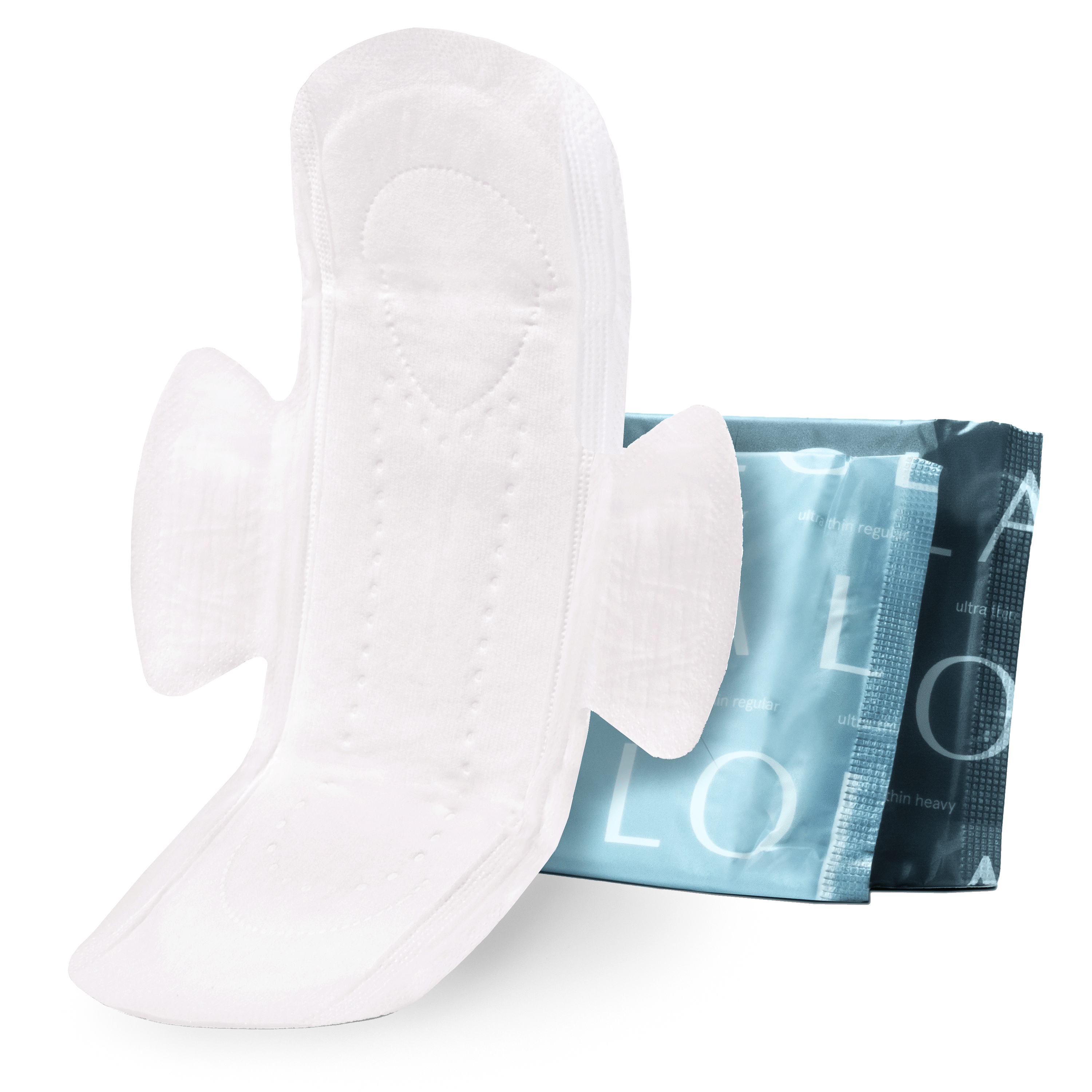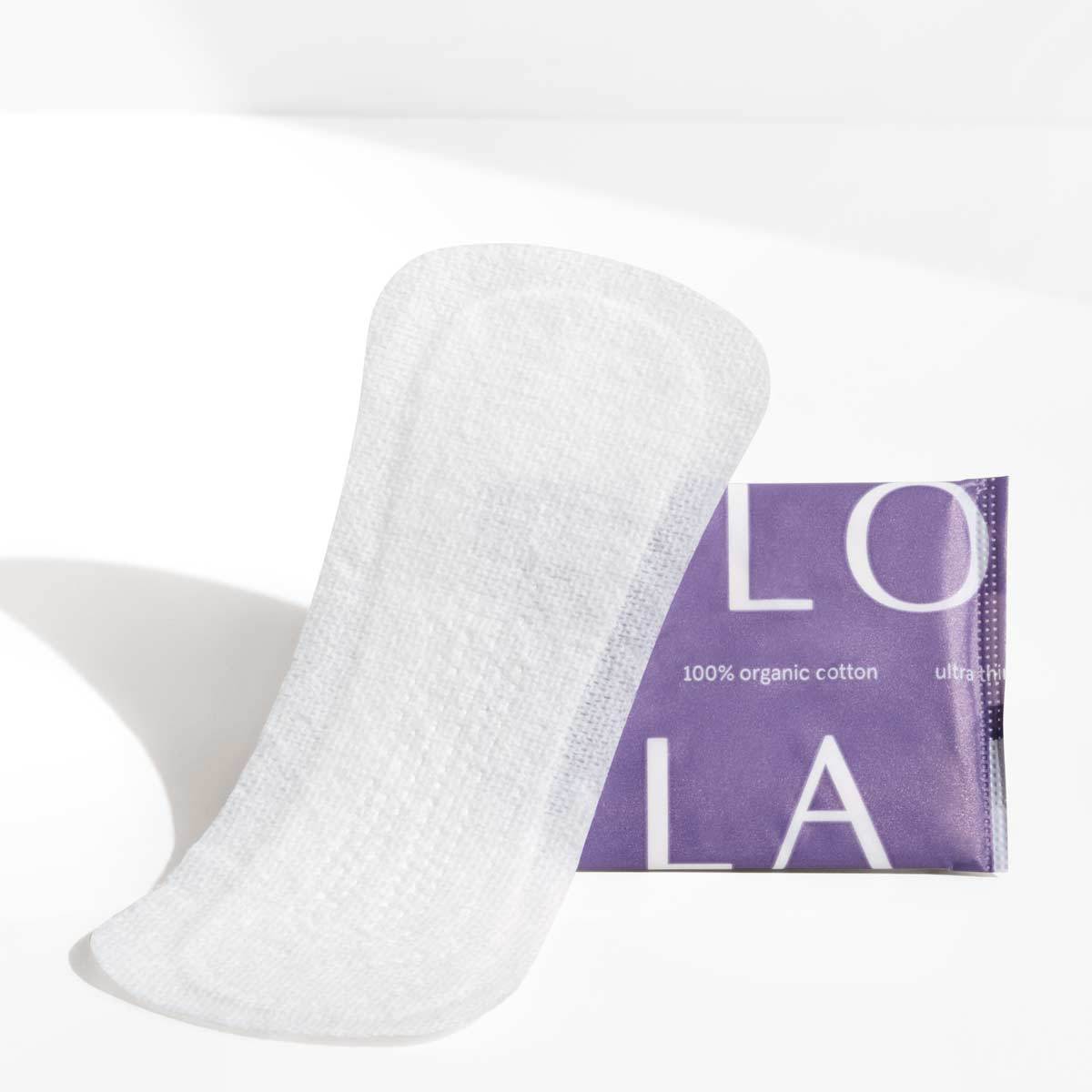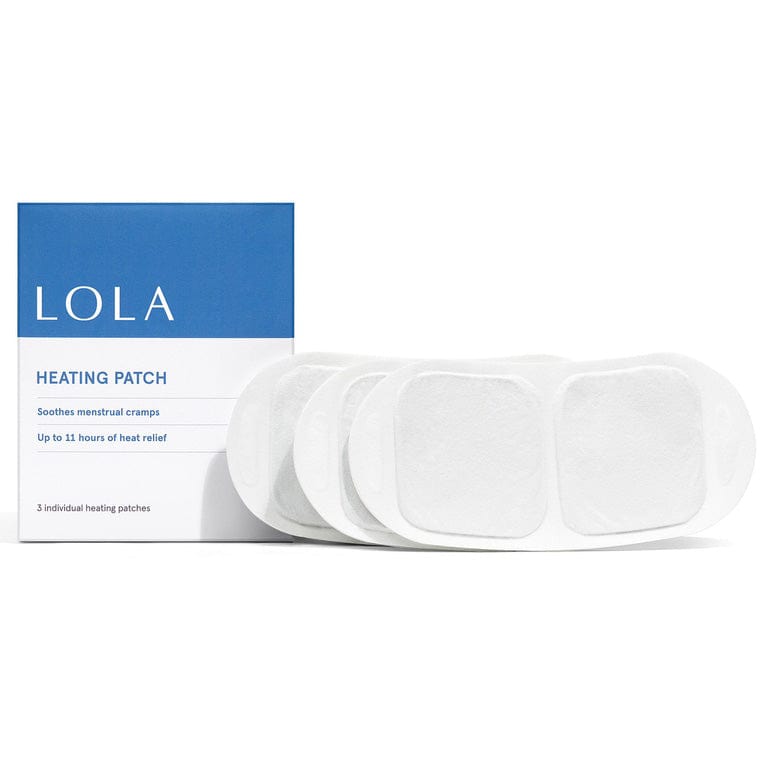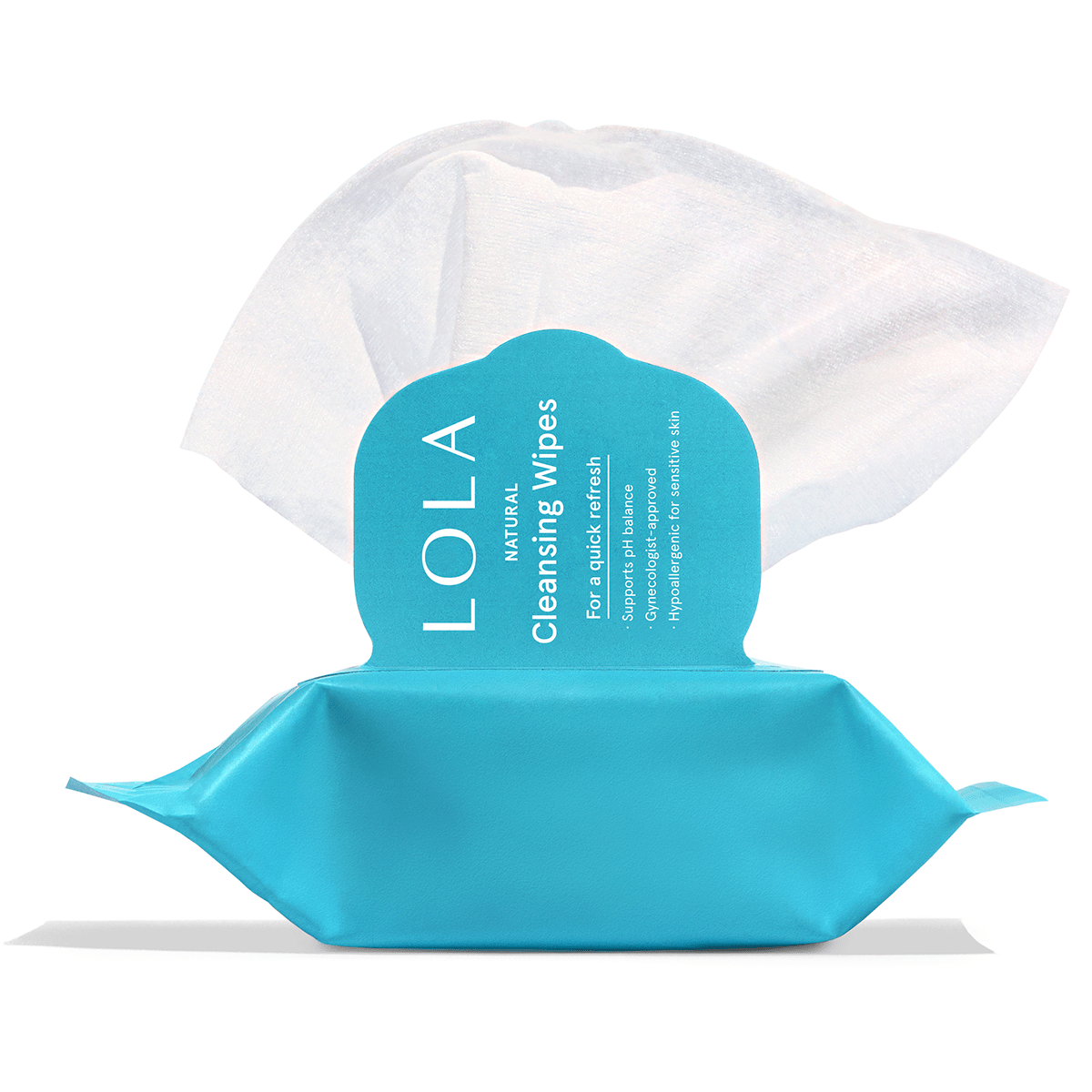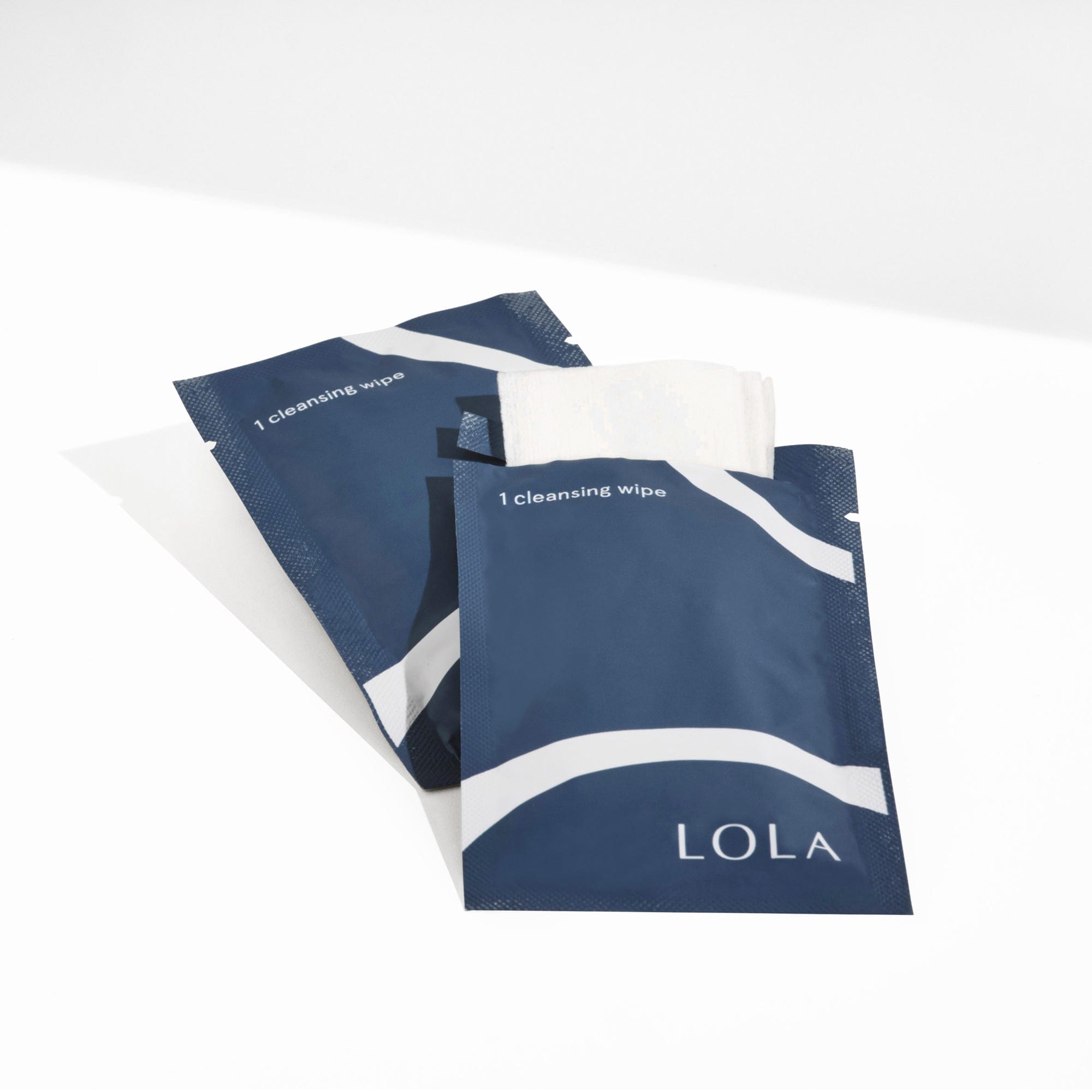Most women take period pain as a given, but what if we didn't have to? 29 percent of women report that they regularly suffer from severe cramps, yet some doctors don't take it seriously. Perhaps more significant is that there's a dearth of research into menstruation and the pain that can accompany it. Intentional or not, this sends the message that the medical community doesn't care about the women who suffer debilitating cramps each month.
The question is, why?
The short answer: money. The long answer: because PMS-related issues can be difficult to define, the committees who fund research don't have much confidence that period-related research will yield any real results, says Steve McGough, director of research and development at Women and Couples Wellness.
"There's no blood test you can take that says, well, this is how bad your period is right now or how severe your cramps may be, so let's apply this therapy or drug to it," McGough says. "Anybody who's looking at a proposal or a grant, they're evaluating the successful outcome of the study, and something that can only be measured with a subjective outcome " like period pain " makes it hard to fund."
Of course, there's likely an element of sexism involved too. As in most industries, most of the decision-makers " from the researchers to the law-making bodies at the top " are men, and men "flat-out don't know what goes on in a woman's body," according to McGough.
Unconscious bias creeps into almost every aspect of daily life, so it's not surprising that the medical community isn't immune to it.
There's some evidence to support McGough's assertions. In 2003, the University of Maryland published a study called "The girl who cried pain: a bias against women in the treatment of pain", which found that women report feeling pain more severely, longer than, and more frequently than men but are treated less aggressively. In 2015, writer Joe Fassler documented in the Atlantic the experience of watching his wife Rachel suffer in the ER for hours through the excruciating pain of what turned out to be an ovarian torsion (where the fallopian tube twists, cutting off the blood supply). Ultimately, Rachel's affected fallopian tube had to be removed, but the worst part, Fassler wrote, was that they had been "asked to wait our turn all day," being rebuffed by one nurse or doctor after another who assured Rachel that she was simply suffering from kidney stones, only to find out that "[they'd] been an emergency all along." Fassler notes at the end that Rachel still has nightmares about her experience and is still grappling with "the trauma of not being seen."
Unconscious bias creeps into almost every aspect of daily life, so it's not surprising that the medical community isn't immune to it. And it's not just men " female practitioners are as likely as their male counterparts to dismiss women's pain. (It's also not just a gender thing: Studies have shown that doctors are more likely to over-prescribe painkillers to white patients and chronically under-prescribe painkillers to black patients.)
Take the story of Lindsay, 28, for example: for years, she knew that something was wrong. When she was 16, she started developing severe pain and bloating during her periods. Lindsay's mother has endometriosis, she said, and over the years had undergone more than 10 surgeries to remove scar tissue, ultimately having a hysterectomy when Lindsay was a toddler. "After I told my mother all my symptoms, it was pretty clear I had endo too," she says. But for years, doctors brushed her debilitating pain off as normal. When she was 17, Lindsay tried birth control to manage the pain, but quickly experienced out-of-control mood swings. By 23, she stopped taking the pill and had given up hope on finding a cure or treatment for her pain.
"I've had doctors tell me I don't have endometriosis and imply that I'm being dramatic," Lindsay says. "They tell me to just take Advil for the pain."
Unfortunately, Lindsay's story isn't unique.
Unfortunately, Lindsay's story isn't unique. "The life-disrupting nature of severe menstrual cramps just doesn't get appreciated by many doctors, and so they view those with severe pain as overly sensitive or complaining," Felice Gersh, an integrative gynecologist and medical director of the Integrative Medical Group of Irvine, says.
It may have something to do with the training doctors receive. Doctors still don't know much about polycystic ovarian syndrome or endometriosis, and they're taught in medical school that menstruation is "a major inconvenience that women have to suffer through"¦ getting to the root of period pain isn't a priority at all," according to Dr. Gersh.
"Incredibly, when I was in medical school, I was taught that women have menstrual cramps because they've not accepted their feminine role," she says. "Many doctors " and not all men " feel that women are born complainers and complain endlessly about everything"¦ especially their periods."
In fact, Lindsay's story about being prescribed Advil for her severe menstrual pain is normal, says Dr. Gersh. "The response has become rote " give her oral contraceptives and an NSAID, and occasionally a narcotic. Not much else is investigated," she says.
There has been some movement within the medical community to change the way we view our periods. Some doctors now view the period as a "vital sign," that, much like your blood pressure and weight, can give doctors a picture of your overall health. And McGough says he thinks we could soon see a "renaissance for treatments in gynecology, ironically because of female viagra."
"Pharmaceutical companies are pouring bucketloads of money into that, and it's slowly becoming easier to talk about," he says.
But until that viewpoint trickles down throughout the entire medical community, there are a few things women with severe pain can do to take care of themselves. One is to follow as healthy a diet as possible, as a diet high in processed foods, sugar, and saturated fats can cause inflammation and worsen your period pain, Dr. Gersh says.
The second is to talk to your doctor. "If you're suffering from period-related pain and your doctor recommends something that doesn't make sense to you, get a second opinion," suggests McGough.
He also cautions that a lot of doctors themselves aren't comfortable bringing up sexual or reproductive issues with their patients, which is why it's imperative that you do it. "I say it like it's so easy, but I know it's not," he says. "Hopefully, as women's rights for sexual expression advance, gynecological research will too."
Try our amazing line of organic feminine products. We also have everything you need for period pains including, period pain medicine and essential oils for cramps.
